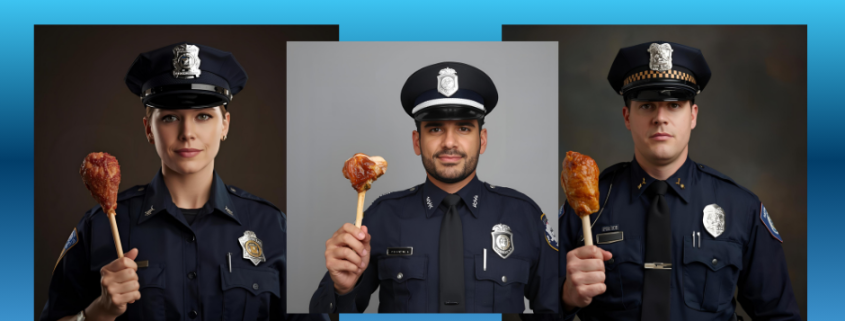Morning parade.
Smiling faces.
Children playing.
Marching bands.
Turkey.
Pumpkin pie.
Eggnog.
Football.
Pistol. Badge. Vest.
Kiss the kids, please.
And save a drumstick for me.
I’m almost home.
Family.
Traveling.
Traffic.
Bumper-to-bumper.

Smiling faces.
Squealing children.
Grandma’s cooking.
Turkey.
Yams.
Pumpkin pie.
Crackling fire.
Football.

Kevlar. Radios. Sirens.
Kiss the kids, please.
And save a drumstick for me.
I’m almost home.

Drunk drivers.
Speeding drivers.
Texting drivers.
Careless drivers.
Aggressive drivers.
Sleepy drivers.
Depressed drivers.
Distracted drivers.
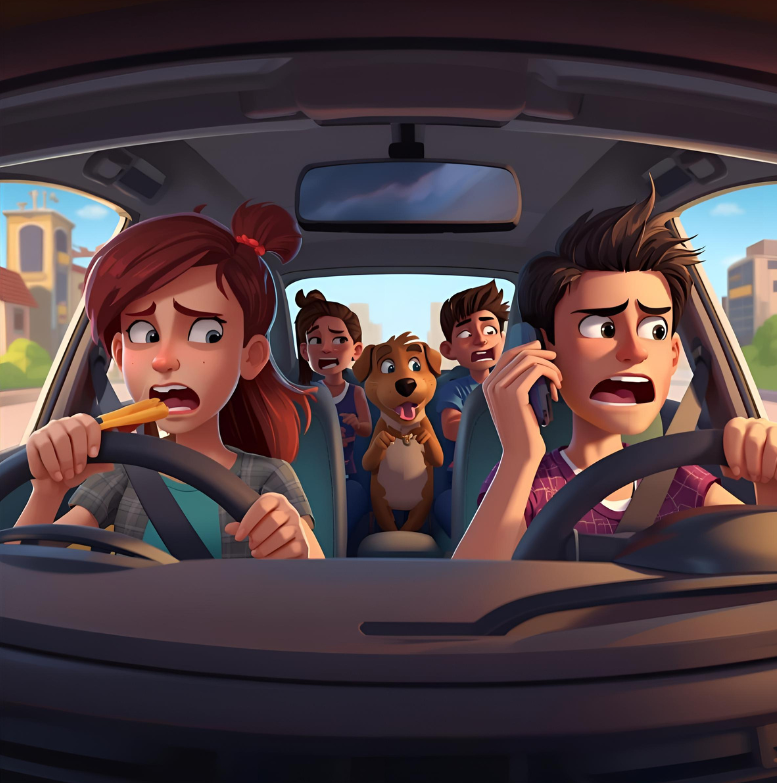
Reckless drivers.
Road rage.
Horrible crash.
An entire family …
Gone.

Tangled metal.
Little ones.
Mother and father.
A teddy bear.
A doll and a toy truck.
Those poor children.
They’ll never go home again.
Yes, save a drumstick.
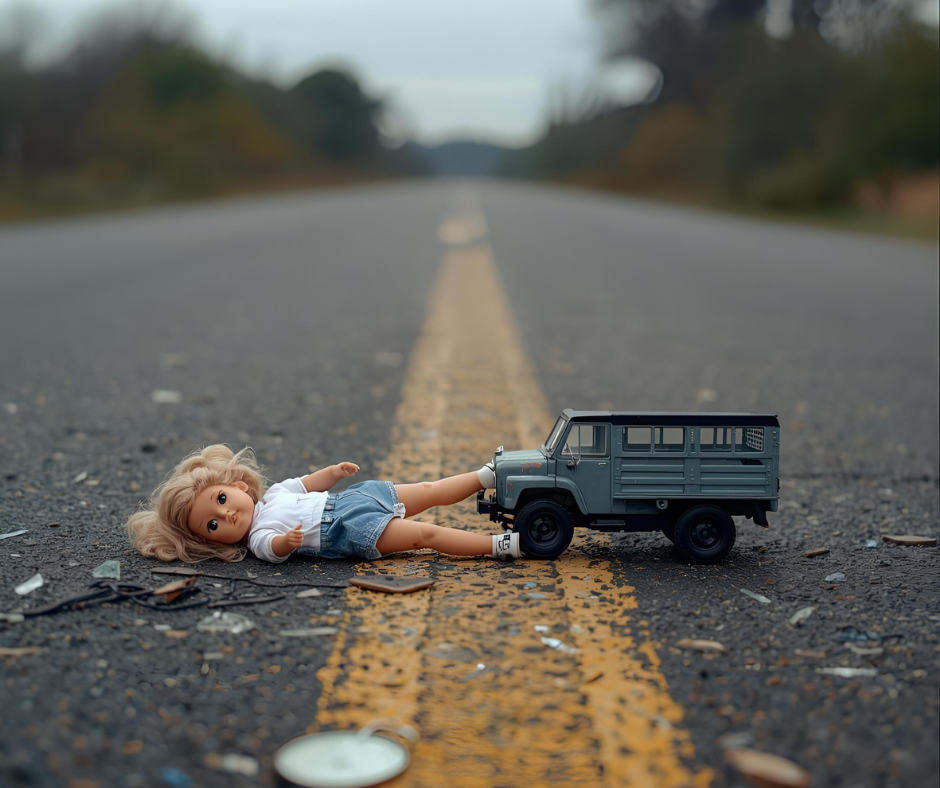
Hug our kids.
Tell them I love them.
I’ll be home,
Later.
10-4.
Send the coroner.
Five victims.
No rush.
I’ll stand by.
Nothing I can do.
Those poor children.
No turkey.
No pumpkin pie.
No football.
Never again.
They were almost home.
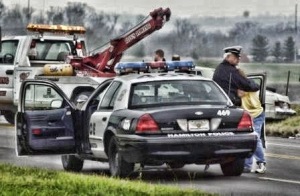
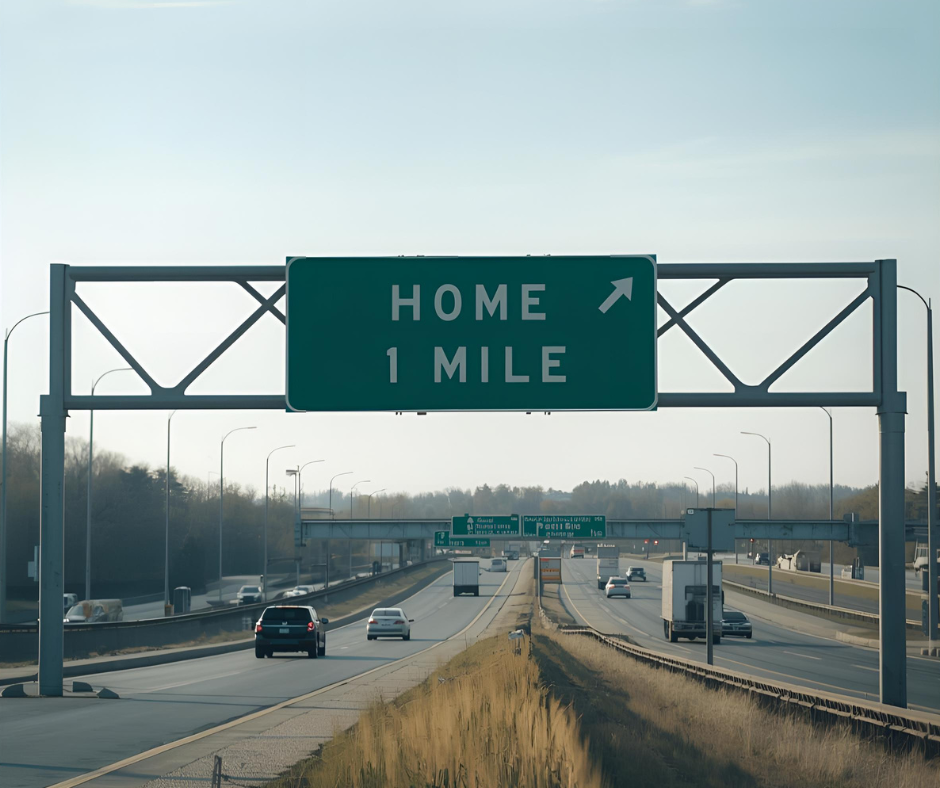
Almost home …

